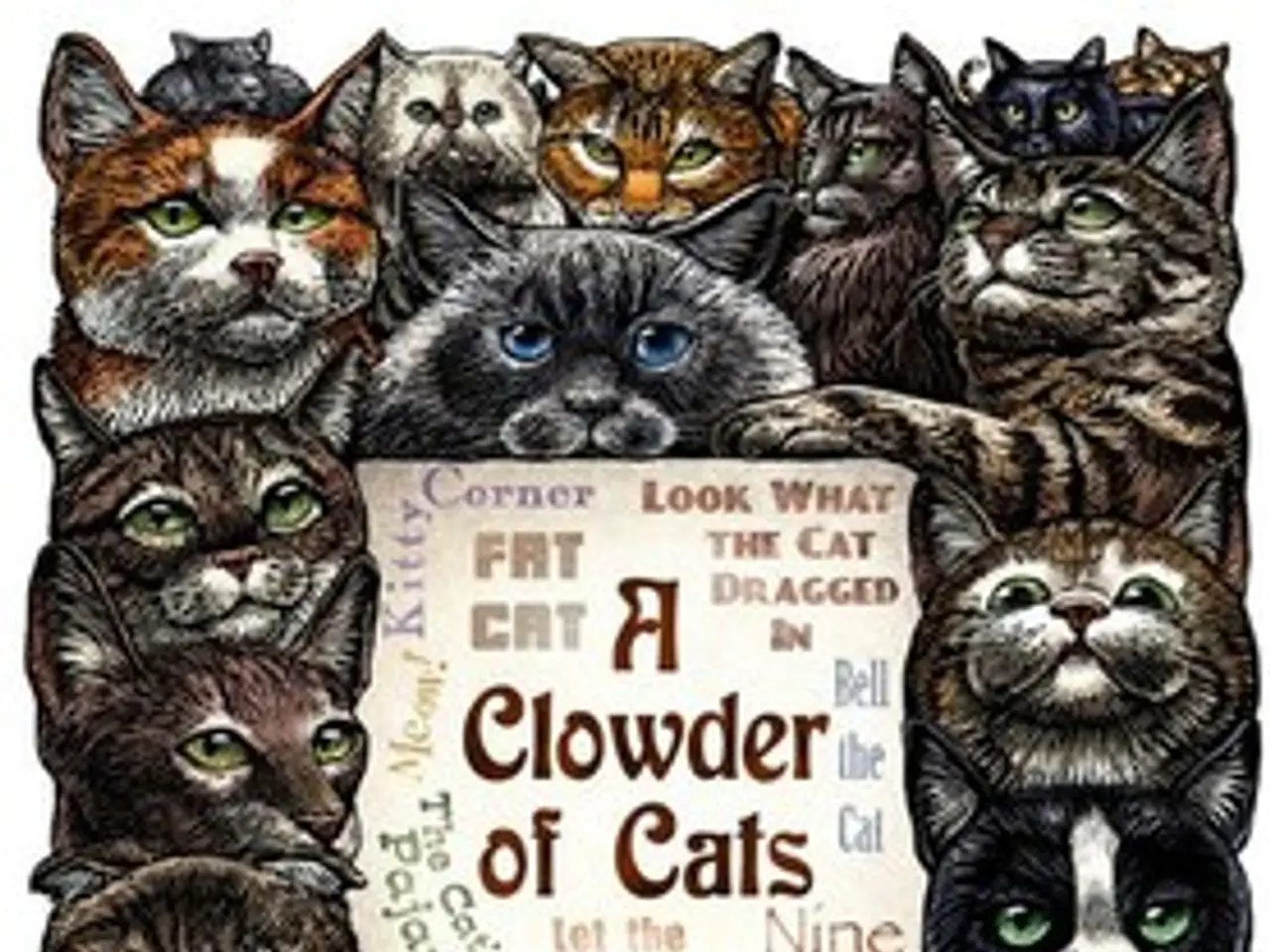Underground trafficking of endangered species and illicit financial transactions
The Role of Financing in Illegal Wildlife Trade
Illegal Wildlife Trade (IWT) has become a significant issue in the context of anti-money laundering and combatting the financing of terrorism (AML/CFT) regulations, as countries commit to meeting the UN sustainable development goals and pledge to limit increases in global temperatures.
What is IWT?
First, it is important to clarify what is meant by IWT. In the context of Geldwäsche and organised crime, IWT typically refers to Illegal Wildlife Trade (illegal wild animal and plant trade). While it can occasionally refer to other terms, in the current discourse on international crime, Illegal Wildlife Trade is the most likely meaning.
What is Illegal Wildlife Trade?
Illegal Wildlife Trade (IWT) refers to the illegal hunting, transport, buying, and selling of protected animal and plant species or products derived from them (such as ivory, rhinoceros horns, pangolins, and tropical woods). This trade represents one of the largest illegal markets worldwide, with an estimated annual turnover of several billion US dollars.
The Role of Financing in IWT
Criminal networks use illegal wildlife trade for profit, concealment, and laundering. Different financing mechanisms come into play:
1. Financing of IWT itself
Criminal groups often directly or indirectly finance the hunting, smuggling, and selling of wildlife. This can mean:
- Bribes to poachers for the killing of protected animals
- Bribes to officials or border guards
- Investments in transportation to move the goods across borders
- Acquisition of legal businesses (such as transportation companies, zoos, auction houses) as a cover for illegal activities
2. Funds for money laundering
The profits from the sale of wildlife are often invested in legal businesses to legitimise the money. Typical methods include:
- Cash-intensive businesses such as restaurants, bars, casinos, jewellery shops, and real estate
- Trade circuits: Criminal networks use international trade routes to move illegal funds between countries or to transfer profits into "clean" companies
- Cryptocurrencies: Increasingly, criminals use digital currencies to erase traces and obscure transactions
3. International Complications
Often, the perpetrators are part of international networks, using numerous shell companies and complex financial transfers via offshore accounts. Banks, financial service providers, and even special payment service providers in developing countries are used to obscure money flows.
Conclusion
The financing of illegal wildlife trade (IWT) serves criminals not only to generate profits, but also to launder money. The structures are often complex, internationally networked, and use both traditional and modern financial instruments. As such, IWT not only contributes to species extinction, but also to the intensification of transnational organised crime and the weakening of the global financial system.
What can be done?
- International cooperation between law enforcement and environmental agencies strengthens
- Transparency in the financial sector increases
- Prosecution of money laundering in connection with IWT intensifies
- Awareness raising among banks, companies, and the public
If you are looking for specific case studies, legal aspects, or current projects to combat illegal wildlife trade, I am happy to help further!
- The approach involves collaborating with customs authorities, port authorities, airlines, shipping companies, and financial institutions.
- The negative local consequences of IWT are not as apparent in economies where trafficked animals are not native, but poachers can be violent and often deadly in areas where wildlife is sourced to be illegally traded.
- FinCEN has issued warnings on wildlife trafficking, highlighting the critical role financial institutions play in protecting the financial system from associated illicit finance.
- Criminals launder proceeds from IWT through methods such as cash deposits, false receipts, e-banking platforms, licensed money value transfer systems, third-party wire transfers through banks, and money mules.
- The FATF released an additional advisory on money laundering from environmental crime in July 2021.
- Calculating the measurable impact of trafficked goods is difficult due to the secretive nature of IWT, but legislators recognize that there is a public good in tackling illegal wildlife crime as the environment and climate have become more politically charged.
- The step-by-step approach includes following the money, starting a financial investigation, working with financial intelligence units (FIUs) and partner agencies, and working with the financial sector to identify indicators for suspicious transactions.
- The United Nations Office on Drugs and Crime (UNODC) recommends a step-by-step approach to disrupt illicit financial flows stemming from IWT.
- The EU's 'original' 6AMLD has added environmental crime as a predicate offense to money laundering.
- The main international regulation for IWT is the Convention on International Trade in Endangered Species of Wild Fauna and Flora (CITES), established in 1975.







